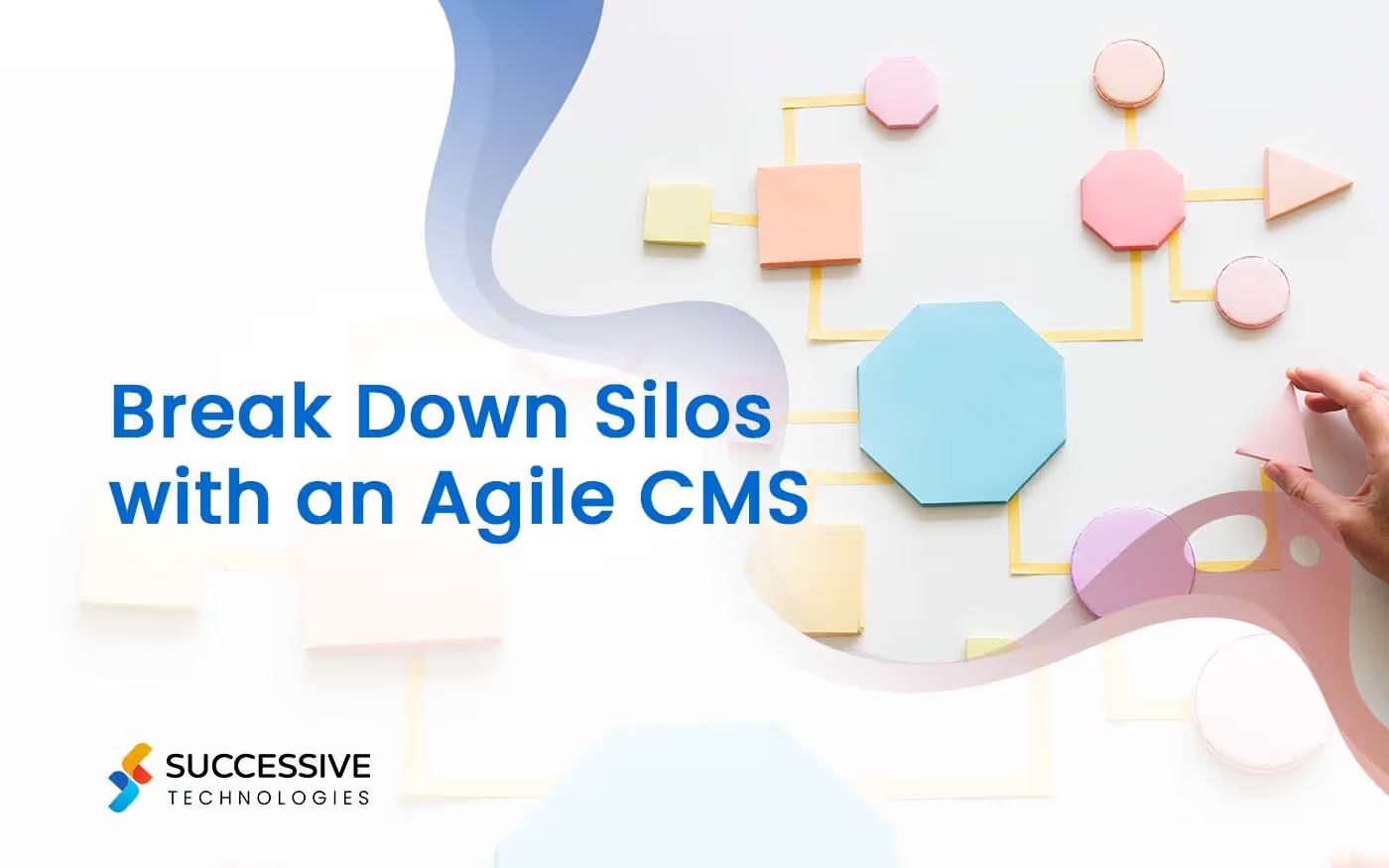Retail digital transformation represents a paradigm shift in how conventional retail businesses perform, driven by the combination of technology to improve diverse aspects of the company. This transformation is not just about adopting new technology; however, it is essentially about rethinking and remodeling techniques to fulfill evolving purchaser expectations and marketplace demands. In a world where consumers are increasingly connected and knowledgeable, retailers must provide seamless, personalized, and attractive experiences across all touchpoints. This is where customer experience consulting becomes vital. Digital strategy consulting services focus on information and optimizing the user journey, from the first touch point to post-purchase interactions. Consultants use technological tools and methodologies to investigate user conduct, identify pain factors, and craft strategies that enhance satisfaction and loyalty. By using data analytics, AI, IoT, and other advanced technologies, digital strategy consultants help retailers create a cohesive and compelling client experience. This comprehensive method not only drives consumer retention and acquisition but also scales operational efficiency and profitability. As the global retail industry continues to navigate the complexities of digital transformation, the role of customer experience consulting is becoming more critical in ensuring that technological improvements translate into tangible benefits for organizations and their customers.
Key Technologies in Customer Experience Consulting

1. Data Analytics and Big Data
Data analytics and big data are essentials for customer experience consulting. They allow the processing of vast amounts of customer records to discover patterns and insights. Technologies like Hadoop and Apache Spark facilitate this by handling large datasets, while machine learning (ML) algorithms anticipate traits, assisting brands in customizing experiences and optimizing operations efficaciously.For instance: Retailers can analyze purchase history, browsing styles, and social media interactions to personalize advertising, marketing efforts, and inventory management. Predictive analytics can forecast future developments, support retailers in the right product management, and decrease overstock or stockouts.
2. Customer Relationship Management (CRM) Systems
Digital transformation services along with CRM systems, such as Salesforce and HubSpot, are important for managing and analyzing consumer interactions. They consolidate user records into a single platform, allowing personalized data exchange, targeted marketing, and efficient service. This integration increases customer satisfaction by imparting a cohesive and responsive experience across all channels.For instance: By integrating CRM structures with e-commerce platforms, brands can track customer interactions through several channels, from in-shop visits to online buying. This integration allows for personalized promotions, focused e-mail campaigns, and efficient problem resolution.
3. Augmented Reality (AR) and Virtual Reality (VR)
AR and VR technologies along with customer experience consulting revolutionize the retail experience by allowing customers to visualize products in their surroundings or try them virtually. These immersive experiences help users make informed buy choices, decreasing returns and enhancing brand trust.For instance: IKEA’s AR app lets customers visualize how fixtures could look in their homes using their phone digital camera. This not only improves the buying experience but also aids in better decision-making.
4. Omnichannel Integration
Omnichannel integration connects multiple buying channels, including online, mobile, and in-store, to provide a seamless user experience. By ensuring regular interactions throughout all touchpoints, advanced digital transformation services and technologies like cloud computing and API integration allow customers to switch between structures, improving convenience and satisfaction.For instance: Customers can browse products online, buy them through a mobile app, and pick them up in the shop. If they have any trouble, they can contact customer support through any channel, and the representative can access to their entire purchase records and interaction data in real-time.
Customer Experience Consulting Process
1. Assessment and Strategy Development
In assessment and strategy development, consumer experience consulting experts analyse current customer experiences using feedbacks and comments. They discover challenges, pain points, and possibilities, to devise strategies aligned with the business goals. This involves designing consumer journey maps and actionable plans to scale interactions, ensuring cohesive and progressed buyer experience.
Technology Utilized:
- Data collection tools (surveys, feedback forms)
- Data analytics platforms (Google Analytics, Tableau)
- Strategy development frameworks (SWOT analysis, customer journey mapping)
2. Technology Implementation
In technology implementation, digital transformation consulting services help retailers select and integrate the right technology to improve customer experience. This includes configuring new systems, ensuring compatibility with present infrastructure, and setting up seamless data flow across platforms. Effective implementation of technology ensures that enhancements lead to practical, customer-centric upgrades.
Technology Utilized:
- Integration platforms (MuleSoft, Zapier)
- Cloud services (AWS, Microsoft Azure)
- CRM and ERP systems
3. Training and Change Management
Training ensures that employees adapt to new technology and procedures. Customer experience consulting experts provide complete training packages and comprehensive change management models, fostering a smooth transition to new processes. This allows employees to include new tools and practices, ensuring that the digital transformation is effective and sustainable throughout the enterprise.
Technology Utilized:
- Learning management systems (LMS)
- Change management software (Prosci, ADKAR)
- Collaboration tools (Slack, Microsoft Teams)
4. Continuous Development
Continuous development involves frequently monitoring overall performance metrics and accumulating customer feedbacks to refine strategies. Consultants use advanced digital transformation services and tools to identify areas for improvement, ensuring that the customer experience evolves with changing needs and marketplace situations.
Technology Utilized:
- Performance monitoring tools (KPI dashboards)
- Customer feedback platforms (Qualtrics, SurveyMonkey)
- AI-driven analytics for trend prediction and adjustment
Customer experience consulting is pivotal in retail digital transformation, ensuring that technology adoption results in meaningful enhancements in customer satisfaction and overall business performance. By using advanced technologies, including data analytics, AI, IoT, and AR, consultants help retailers create seamless, personalized, and worthy buying experiences. As the retail industry continues to evolve, digital strategy consulting services will emerge as more necessary than ever to drive successful digital transformation projects.
.avif)



.webp)






.jpg)









